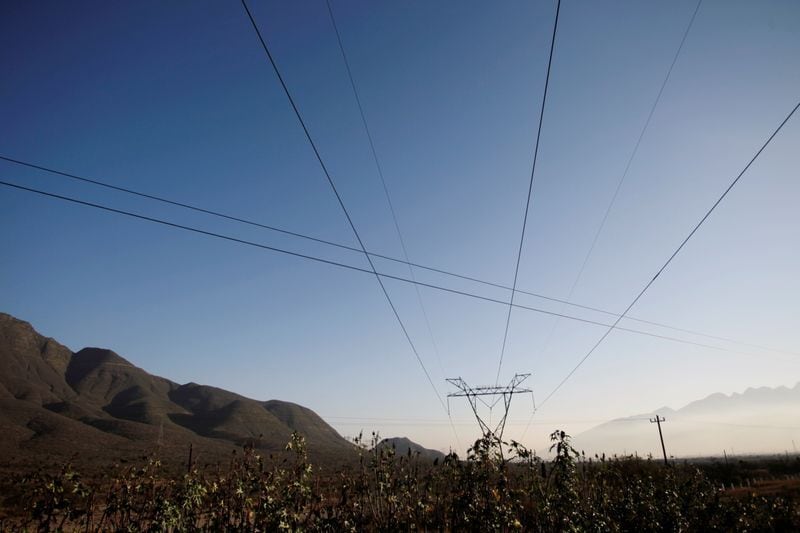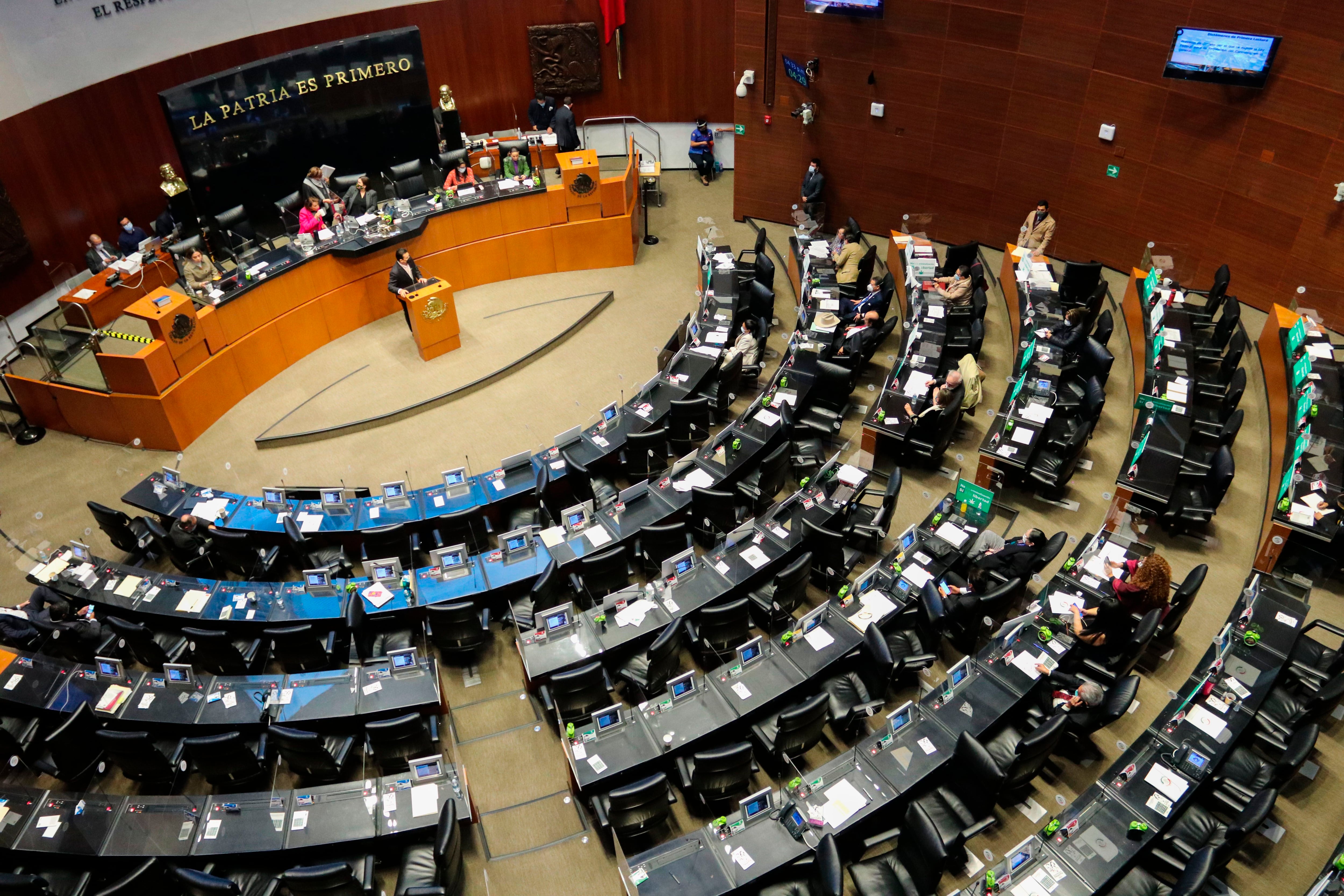
The draft opinion for the Energy Reform proposed by the Federal Executive will be discussed in the Chamber of Deputies on Monday, April 11 at 11 a.m., the day after the Mandate Revocation takes place on Sunday, April 10.
Morena's parliamentary group said its intention is to submit the opinion to the plenary session on Wednesday, April 13, however, it acknowledged that until March 29 the draft opinion was not submitted to the legislators of the Energy and Constitutional Points committees because it is not yet ready.
Jorge Triana, of the National Action Party, expressed his dissatisfaction at not yet knowing the project that they will have to analyze and discuss, so the president of the Committee on Constitutional Points, Juan Ramiro Robledo Ruiz, from Morena, said that the document will be sent to the legislators who make up these commissions no later than April 4. april.
In order to avoid a “legislative break-in”, the United Commissions on Constitutional Points and Energy decreed a recess, in order to rule on the energy initiative, in which the Morenoists pledged to deliver the project at least five days before its discussion.

The energy reform sent by President Andrés Manuel López Obrador proposes amending articles 25, 27 and 28 of the Political Constitution of the United Mexican States.
As it is a constitutional reform, it must be approved by a qualified majority, which means that at least two thirds of the legislators present in the plenary session of each of the Houses of Congress of the Union must vote for it.
It should be remembered that the President of the Republic asked the members of Congress not to modify “even a comma” to the reform in order to expedite its processing and approval, since in the event of any subsequent modification in the Senate, the minutes would have to be returned to the Chamber of Origin (in this case the Chamber of Deputies) to vote again.
If approved by federal deputies and senators, the reform must be ratified by an absolute majority (half plus one) of the legislatures of the federal entities. In this case, it does not seem that the federal government project could face obstacles, since reforms such as the Mandate Revocation have already passed without problems in the states.
If approved by the majority of the states of the Republic, President López Obrador could publish the decree in the Official Gazette of the Federation by him to complete his process.

It should be noted that once approved, the Chamber of Deputies and Senators would have 180 days to draft the secondary law for its implementation in the country.
In this regard, opposition benches, particularly the Institutional Revolutionary Party (PRI), demanded amendments to the bill to grant a favorable vote, because Morena and her allies (PVEM and PT) do not hold a qualified majority in any of the chambers.
This is what the controversial points in the reform proposed by AMLO deal with
The constitutional amendment seeks the Mexican State to regain control over hydrocarbon production in addition to the preponderant generation and distribution of electricity. One of the most controversial points is that the CFE and Pemex will be able to terminate contracts to private companies if they consider them harmful to the nation, so the business sector and the US government itself believe that there will be no legal certainty for investments.
Morena's national leader, Mario Delgado, rejected that the reform is detrimental to the investment climate in our country and called on the other parties to approve the initiative to end the dirty business of international companies and protect national resources:
“We call on all legislators, without party distinction, to vote for the Electricity Reform, because voting in favor of this initiative is to vote for the homeland, it is to vote for Mexico and not for transnational corporations, it is to bet on the future and development of our country in the coming years. Today is a great opportunity to vindicate history; to recover that revolutionary nationalism that was buried by the neoliberal period,” said Mario Delgado.
KEEP READING:
Últimas Noticias
Debanhi Escobar: they secured the motel where she was found lifeless in a cistern
Members of the Specialized Prosecutor's Office in Nuevo León secured the Nueva Castilla Motel as part of the investigations into the case

The oldest person in the world died at the age of 119
Kane Tanaka lived in Japan. She was born six months earlier than George Orwell, the same year that the Wright brothers first flew, and Marie Curie became the first woman to win a Nobel Prize

Macabre find in CDMX: they left a body bagged and tied in a taxi
The body was left in the back seats of the car. It was covered with black bags and tied with industrial tape
The eagles of America will face Manchester City in a duel of legends. Here are the details
The top Mexican football champion will play a match with Pep Guardiola's squad in the Lone Star Cup

Why is it good to bring dogs out to know the world when they are puppies
A so-called protection against the spread of diseases threatens the integral development of dogs




